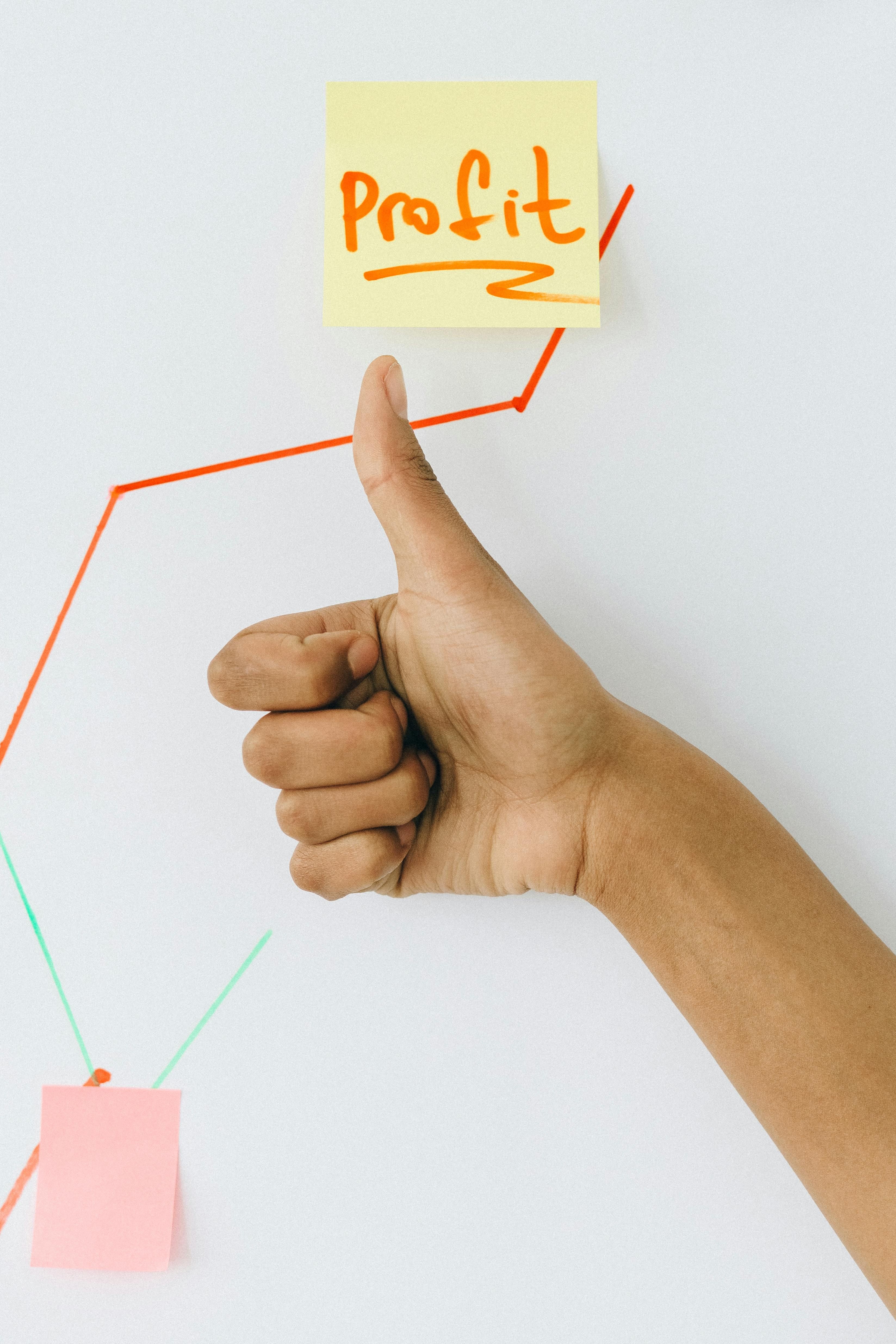Stock market rally dwindles amidst White House's firm stance on China tariffs intensification
A mega rally on Wall Street took a nasty turn, resulting in another substantial market decline. Cheap stocks and the anticipation of trade negotiation signs bolstered markets early in the day, but these positive vibes vanished when the White House announced it would impose substantial tariffs on China.
The Dow plunged 240 points (-0.6%), while the S&P 500 plummeted 1.3%, and the tech-heavy Nasdaq Composite dipped 1.8%. These declines came after a morning surge as high as 4% and 4.5%, respectively, for the S&P 500 and Nasdaq, only to tumble midday following White House Press Secretary Karoline Leavitt's announcement of the new tariffs.
The additional 84% in levies across all Chinese imports means that all goods from China will be subject to a tariff of at least 104%. Investor Thomas Martin from Globalt Investments noted that the markets aren't out of the woods yet, suggesting that the tariff escalation serves as a timely reminder that any reprieve can be fleeting.
Markets had tanked over the past three trading sessions, leaving Wall Street investors searching for a breather ahead of the planned tariff increase. However, the tariffs announced by President Donald Trump are a harsh reminder that short-lived relief is all too common in this situation.
With the S&P 500 and Nasdaq companies' price-to-earnings ratio closing below 17 on Monday, historically cheap levels, there were opportunities for investors to snap up potentially oversold stocks. Keith Lerner, senior market strategist at Truist, observed that massive market rebounds frequently occur amid massive declines, as FOMO (fear of missing out) drives traders to invest in a rally.
The dramatically widened market swings can be attributed to the high degree of uncertainty that characterizes this period. For instance, the brief surge in market prices on Monday following rumors of a possible tariffs pause was immediately squashed by the White House. This incident served as a demonstration of how even the slightest hint of a trade deal or tariff movement could have a massive impact on markets.
As investors await any updates on the White House's trade policy negotiations, they remain cautiously optimistic. The White House National Economic Council Director Kevin Hassett revealed that the administration is dealing with a massive number of requests for negotiations from various nations and is prioritizing Japan and South Korea. Both Trump and the Japanese Prime Minister, Shigeru Ishiba, have reportedly discussed trade in recent days. Despite the tense situation, there's no guarantee that stocks will remain resilient.
If escalation occurs, a damaging trade war between the two economic giants could lead to a US and global recession this year, according to numerous Wall Street banks. While some officials within Trump's administration claim that a recovery is imminent, others, like JPMorgan Chase CEO Jamie Dimon, warn that tariffs will raise prices, slow the global economy, and weaken America's international influence.
- Thomas Martin from Globalt Investments expressed concern, suggesting that the escalating tariffs serve as a reminder that temporary reliefs can be illusory in business matters, particularly in the context of investing on the Nasdaq.
- Keith Lerner, senior market strategist at Truist, observed that investing can be driven by fear of missing out (FOMO), leading to massive market rebounds even during substantial declines.
- Amid the cautious optimism of Wall Street investors, there is no assurance that stocks will remain resilient if a trade war between the US and China escalates, potentially leading to a US and global recession this year, as warned by numerous Wall Street banks and JPMorgan Chase CEO Jamie Dimon.








